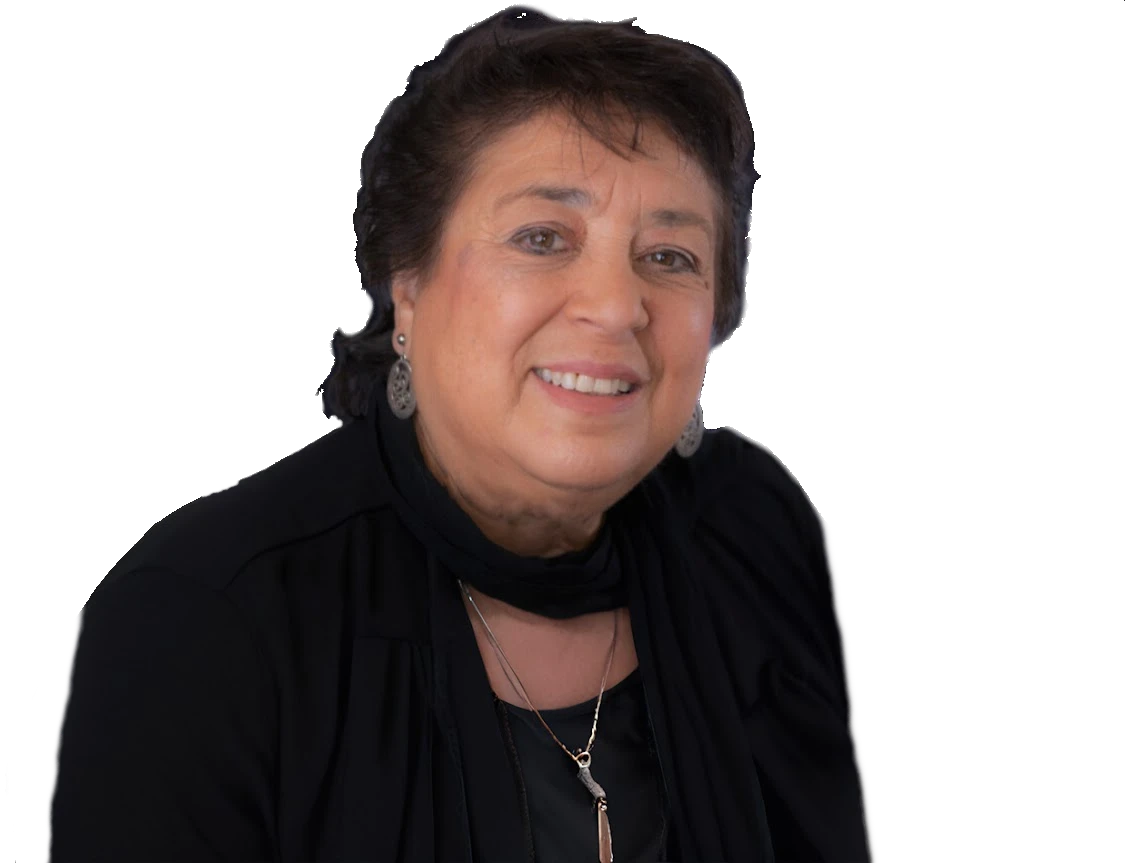
Finding your 1st Home on a Budget
1. -Is owning a home just like renting?
In some ways yes. You are paying monthly and must do it on time. The difference is that with your own home, part of the money is going towards ownership, your ownership, not your landlords. Unless there is an HOA, No one can tell you what to do with your house. You can paint, extend, garden, remodel and have a workshop in the garage. It is the American dream and the pride of ownership is the ideal atmosphere to having a family.
2.-Why is owning a home on a tight budget better than renting?
A tight budget is always challenging. Of course, your wellbeing is the most imp. The essentials are first: Food, heat, clothes, companionship etc. After this comes shelter. But when you own you are taking control of your future. As time goes by, rents are raised, but with the right loan, mortgage cost stays the same so you are essentially stabilizing your expenses while inflation goes up. There is the potential for equity and if you sell when the time is right, many people have created their first nest egg, enough to reinvest or save for the future.
3. -How can I find out how much home I can buy?
That’s a great question. So many people have a steak appetite with a hamburger budget. Unfortunately, that leads to unrealistic expectations and disappointment. Be sure to see an expert and disclose everything about your finances. An experienced lender will go through a process with you, reviewing your credit, income and expenses and after prequalifying you, they will tell you the top amount you should pay to keep your payment where you want it to be.
4. -What do you need to be pre-qualified?
Once you talk to a lender, they will give you a list of all the documents you will need. Basic are paystubs, tax returns, and bank statements plus your credit report and any other side income proofs. The process may take a few days and you want to be sure to understand what it costs to get that loan. That’s why taking care of this step in advance is a big advantage. Not only will you know your monthly payments but you also will be ready to act when you find the right deal.
5.-What if I don’t have the down payment, can I borrow it?
There are still some ways to get your down payments paid for. Many people depend on gifts from family members. Others use their retirement or 401K funds. Be sure that money trail is well documented even if it is cash. Once I had a client who got the down payment from his father’s home sale. He kept it in the form of cash in his safe. We had an enormous challenge proving where the money came from and during escrow is a very stressful time to solve this problem. The regulations are different with individual banks and loan programs so be sure to work closely with your lender. They will advise you exactly what the bank expects and what to do.
6. -Are there any good government programs for me for 0 down?
VA is by far the most well known with the 100% financed loan. There is also a popular 103% loan with FHA that is available to low income families. They pay your down payment and closing costs right in the loan. There are also grants of all kinds although many of them have strings attached such as classes or income verifications to go through. There may be silent second loan programs but watch out for the small print. It may have a maturation date or requirement to stay in the house.
7.-How much earnest money do I need? What is it?
Some people are not aware of this requirement. Earnest money is like a good faith deposit. It shows you have something at stake in the agreement and is deposited in the escrow when your offer is accepted. The standard is 1% of your purchase price and it can be applied to your down payment or closing costs at the close of escrow. If you change your mind about the purchase within a certain time period and decide not to buy the house, this money is to be refunded to you.
8. -What are closing costs and who pays them?
Buyers are often confused about closing costs because there is no set amount to quote upfront. That is because many items are pro rated depending on the day of the month you close. There are 2 types, recurring and non recurring. Non recurring are the set fees such as escrow, title, recording and processing fees. Recurring are items like mortgage, taxes, HOA, insurance and anything payable monthly. There are 3 sources for funding closing costs, buyer funds, seller credit or lender credit. Asking a seller to pay the closing costs is quite normal in a buyers’ market, but to be competitive in this sellers’ market, it makes the offer less competitively attractive. The lenders often can pay it by raising the buyers’ interest rate. A good realtor will guide you as to which strategy is best for you and how to decide.
9.-What is included in a payment? What is PITI?
Your monthly payments will be broken down when the lender gives you their good faith estimate so you can see where the money goes. PITI means Principal, Interest, Tax and Insurance. In certain communities you may also have to pay HOA.
10. -What if I have a tough month and I am short?
The reason for the careful pre approval you will be going through is to make sure that both you and the bank are protected from this type of scenario. Many of us are self employed and for a long time if we were not able to declare steady income, we couldn’t even qualify to buy a home. While that has shifted a bit, Banks still want to insure that even if you have a tough month, you will still have enough reserves to cover the mortgage. While it is the American dream to own a home, if you are not quite ready or financially stable, maybe it might be better to wait until you are. At the very least, remember to avoid buying beyond your comfort level. Yes I know that was your dream house, but lif is better when you are not stuck living house poor.
11. -Why should I have a Realtor? Do I have to pay for one?
This is such an excellent question. Speaking from experience, I have had the honor of representing many buyers who benefited from my powerful negotiation skills, my knowledge of legalities and forms, my communication abilities with the clients, other agents and my circle of supporting team members. At first, buyers can look at realtors as glorified tour guides, just someone to open the houses. After all everyone can find houses on the internet. But then I jump into action. I write and present the offers, negotiate for my clients and evaluate the responses to advise them how to get the house. Once in escrow, I am with them every step through the disclosures, inspections, protecting them like their very own legal representation.
Here is the best part. You never pay me! The seller has already contracted with his agent how much he will pay so this is the best deal for the buyers. Complete service and guidance for free Be sure you select your realtor carefully. After all this is one of the biggest purchases you may ever make. Just because they offer a discount, you are related or some friend recommended them doesn’t mean they are the right realtor for you. Working with a competent and diligent realtor is possibly the best thing you can do for yourself especially when you are buying on a budget!
